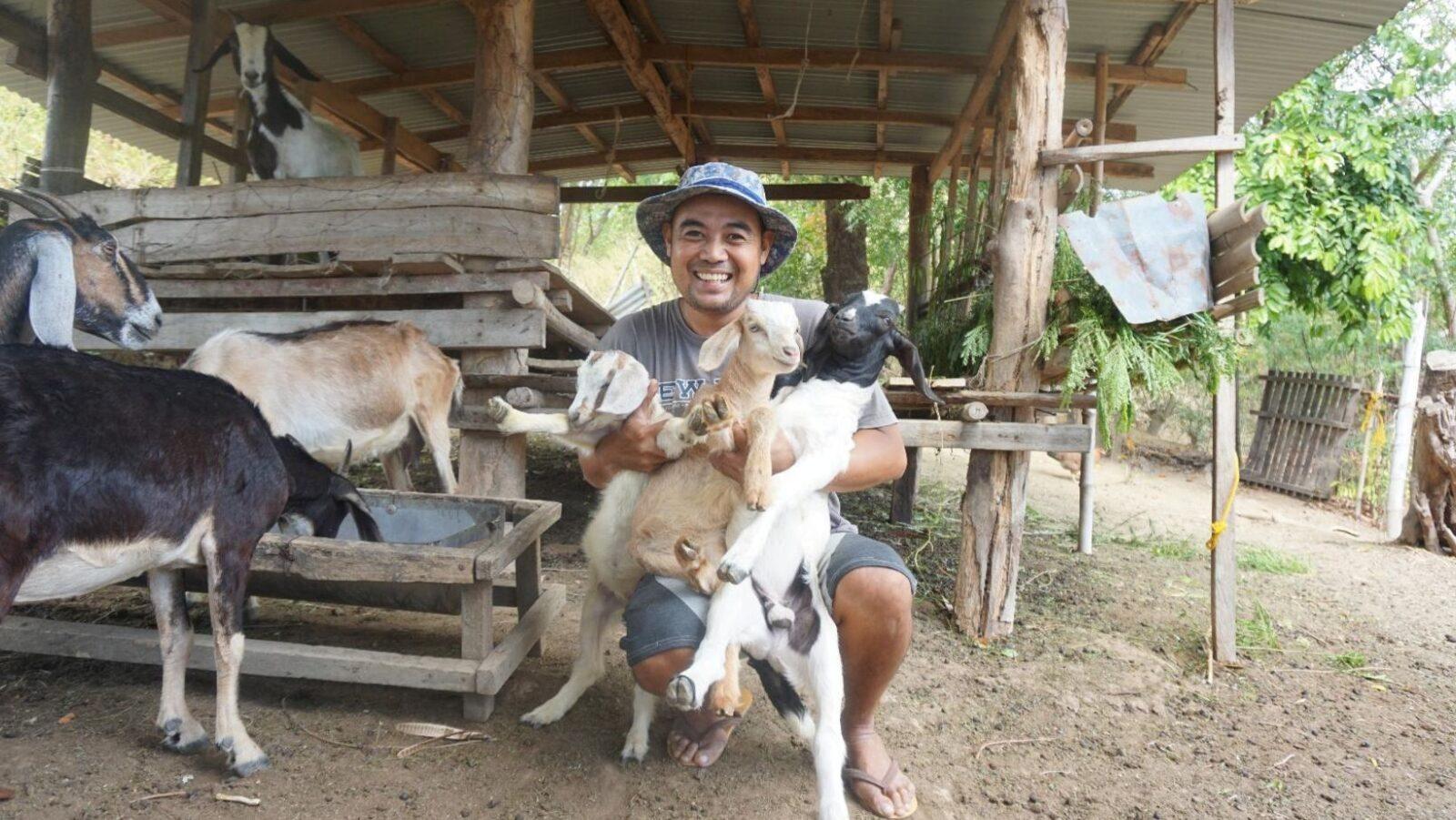ICYMI: A handful of science and technology updates from September 2 to September 8, 2018.
DOST urges Pinoy students to take PhD Science courses
After recently signing an agreement for the Young Innovators Program, Department of Science and Technology (DOST) Secretary Fortunato de la Peña urged Filipino students to pursue PhDs in Science courses, The number of students taking up Masters of Science (MS) has increased; however, as de la Peña noted, “the number of PhDs is quite small.” Read the full story.
Mindanao coffee growers must develop a “culture of transformation”
There is an urgent need for a “culture of transformation” within Davao coffee growers, said Davao Coffee Council Joji Pantoja. Pantoja explained that the current production downtrend is a result of their “bondage” to the old production system. According to the Philippine Statistics Authority (PSA), the Philippines’ coffee production has declined from 75,454 metric tons in 2014 to 62,077 MT in 2017. Pantoja suggested that the government establish a monitoring mechanism to track seedling distribution and employ geo-tagging. He also urged growers to learn more about proper growing practices. Read the full story.
Scientists explore new ways to turn sunlight into fuel

Photo: Katarzyna Sokól
A team of scientists from St John’s College, University of Cambridge employed semi-artificial photosynthesis to find new ways to generate and store solar energy. Using natural sunlight and a variety of biological components and man-made technologies, the researchers converted water into hydrogen and oxygen. These findings could greatly improve renewable energy production. Read the full story.
Fire ravages Brazil’s National Museum

Photo: Reuters/Ricardo Moraes
On September 2, a fire engulfed Rio de Janeiro’s 200-year-old National Museum of Brazil. The fire started at around 7:30 PM, after the museum had closed. The museum contained over 20 million items, including ancient artifacts from Egypt, Greece, and Rome, significant cultural and historical items, dinosaur fossils, and Luzia, the region’s oldest human fossil. Experts said that some of the items lost were irreplaceable to science. Get the full story here and here.
UN climate change talks open in Bangkok

Photo: United Nations Framework Convention on Climate Change (UNFCCC)
The United Nations climate change forum started anew in Bangkok, Thailand on September 4, three years after the Paris Agreement intended to keep global warming to a more manageable level. The Philippines is among the 200 nations that have adopted the agreement and are participating in the ongoing talks. The talks will go on for six days, and will focus on catching up with meeting the goals established in the Paris agreement. Another major climate conference will take place this December in Katowice, Poland. Read the full story.
Bravery cells found in the hippocampus

Photo: Sciepro/Getty Images
A newly published article revealed a certain type of cell in the hippocampus that plays a key role in why some of us display courage and bravado in dire situations. When stimulated, these neurons, known as OLM cells, produce a brain rhythm observed in animals that feel safe in a threatening environment. Read the full story.
Should Pluto be reclassified as a planet? Yes, says research

Photo: NASA
According to new research, there may be sufficient grounds to reclassify Pluto as a planet. UCF planetary scientist Philip Metzger said that the standard used in classifying planets – the same standard that led to the decision to “demote” Pluto – is not supported by existing research literature. Metzger looked at scientific literature spanning 200 years and found only one article from 1802 to support the specific requirement that Pluto did not meet. He also claimed that said requirement was based on scientific reasoning that has since been disproven. Read the full story.








